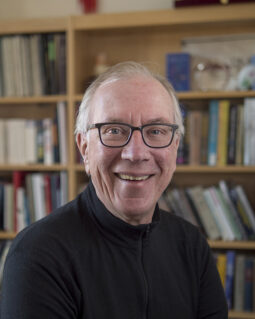
CU Boulder Nobel Prize Winner Tom Cech discusses his new book, The Catalyst, RNA and the Quest to Unlock Life’s Deepest Secrets
Tom Cech is our featured interview for the KGNU Fall Membership Drive. Thank you to listeners who are contributing funds to help our volunteer powered, noncommercial, community radio station. If you like what you hear and want to aid our efforts, please donate securely on line at KGNU.org.
If you would like to join our team of volunteers who report for the science show and make it happen, please contact us via: contact [no spam] howonearthradio.org
Just put the @ where it belongs.
Hosts: Shelley Schlender, Susan Moran
Show Producer: Shelley Schlender
Podcast: Play in new window | Download (Duration: 27:46 — 38.1MB)
Subscribe: RSS



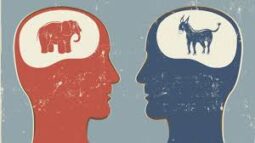

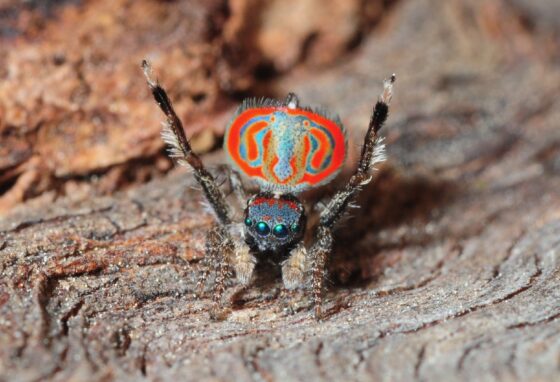
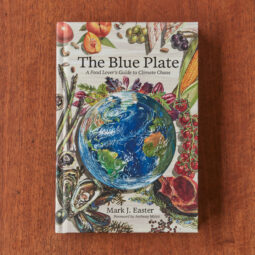 The Blue Plate in a Red-hot World (start time: 7:46) While adding cream to your morning cup of coffee, or digesting the hamburger that you grilled last night, you might not have been asking yourself, What’s the carbon footprint of these ingredients and meals? Understandable. Our guest today, ecologist
The Blue Plate in a Red-hot World (start time: 7:46) While adding cream to your morning cup of coffee, or digesting the hamburger that you grilled last night, you might not have been asking yourself, What’s the carbon footprint of these ingredients and meals? Understandable. Our guest today, ecologist 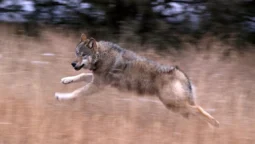
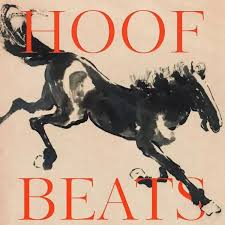
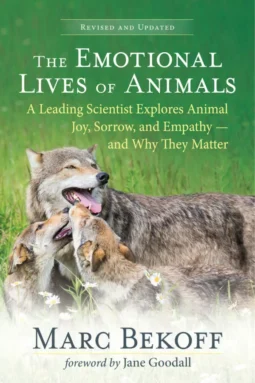 In this week’s show Beth spoke with Marc Bekoff, well known and loved for his decades of research into animal behavior, emotion and cognition, about the new edition of his classic book, The Emotional Lives of Animals. Marc Bekoff is professor emeritus of Ecology and Evolutionary Biology at the University of Colorado, Boulder. For decades he has studied animal behavior, cognitive ethology (the study of animal minds), behavioral ecology, and written extensively on human-animal interactions and animal protection. He centers his work and writing around compassionate conservation, namely the principle of, “First do no harm” and the life of every individual matters because they are alive and have intrinsic value, not because of what they can do for us. We talked about the new edition of his classic book,
In this week’s show Beth spoke with Marc Bekoff, well known and loved for his decades of research into animal behavior, emotion and cognition, about the new edition of his classic book, The Emotional Lives of Animals. Marc Bekoff is professor emeritus of Ecology and Evolutionary Biology at the University of Colorado, Boulder. For decades he has studied animal behavior, cognitive ethology (the study of animal minds), behavioral ecology, and written extensively on human-animal interactions and animal protection. He centers his work and writing around compassionate conservation, namely the principle of, “First do no harm” and the life of every individual matters because they are alive and have intrinsic value, not because of what they can do for us. We talked about the new edition of his classic book, 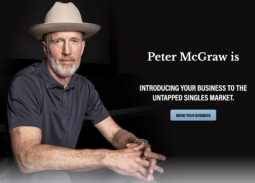
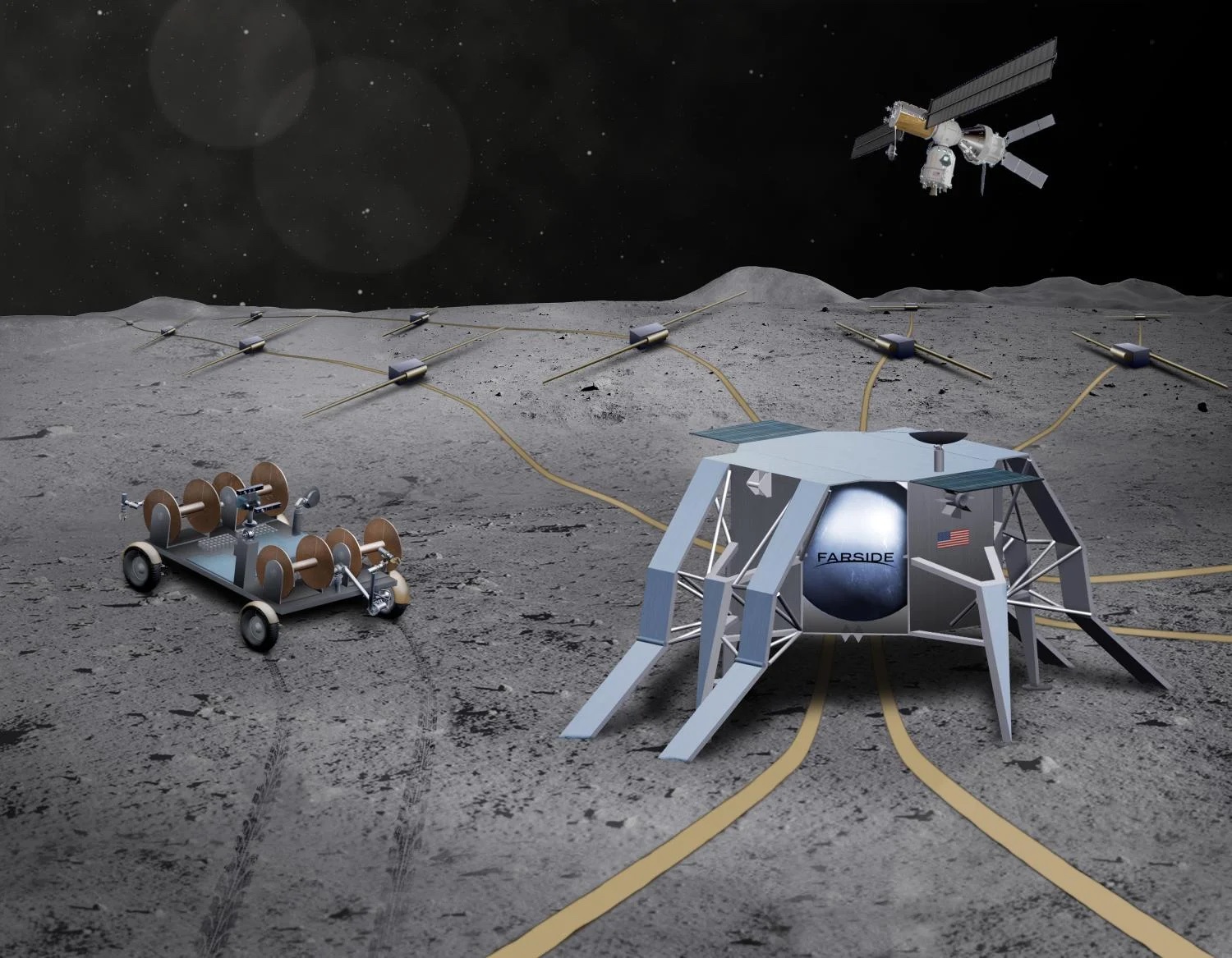 When people talk about going to the Moon, it is often in terms of establishing a station there, or finding water, or doing science
When people talk about going to the Moon, it is often in terms of establishing a station there, or finding water, or doing science 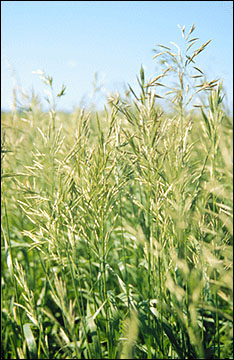 On this week’s show Beth speaks with Joe Swanson and Laura Backus to discuss some of the invasive weeds that are plaguing Boulder County. Joe is the County
On this week’s show Beth speaks with Joe Swanson and Laura Backus to discuss some of the invasive weeds that are plaguing Boulder County. Joe is the County 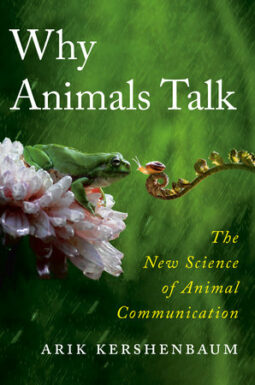 Animal Communication Science (start time: 2:57) Whether you own a dog or horse, or have listened to dolphins, wolves, chimpanzees or other wild animals, you’ve probably wondered what they’re saying when they communicate vocally – and why do they communicate the way they do? Our guest, zoologist
Animal Communication Science (start time: 2:57) Whether you own a dog or horse, or have listened to dolphins, wolves, chimpanzees or other wild animals, you’ve probably wondered what they’re saying when they communicate vocally – and why do they communicate the way they do? Our guest, zoologist